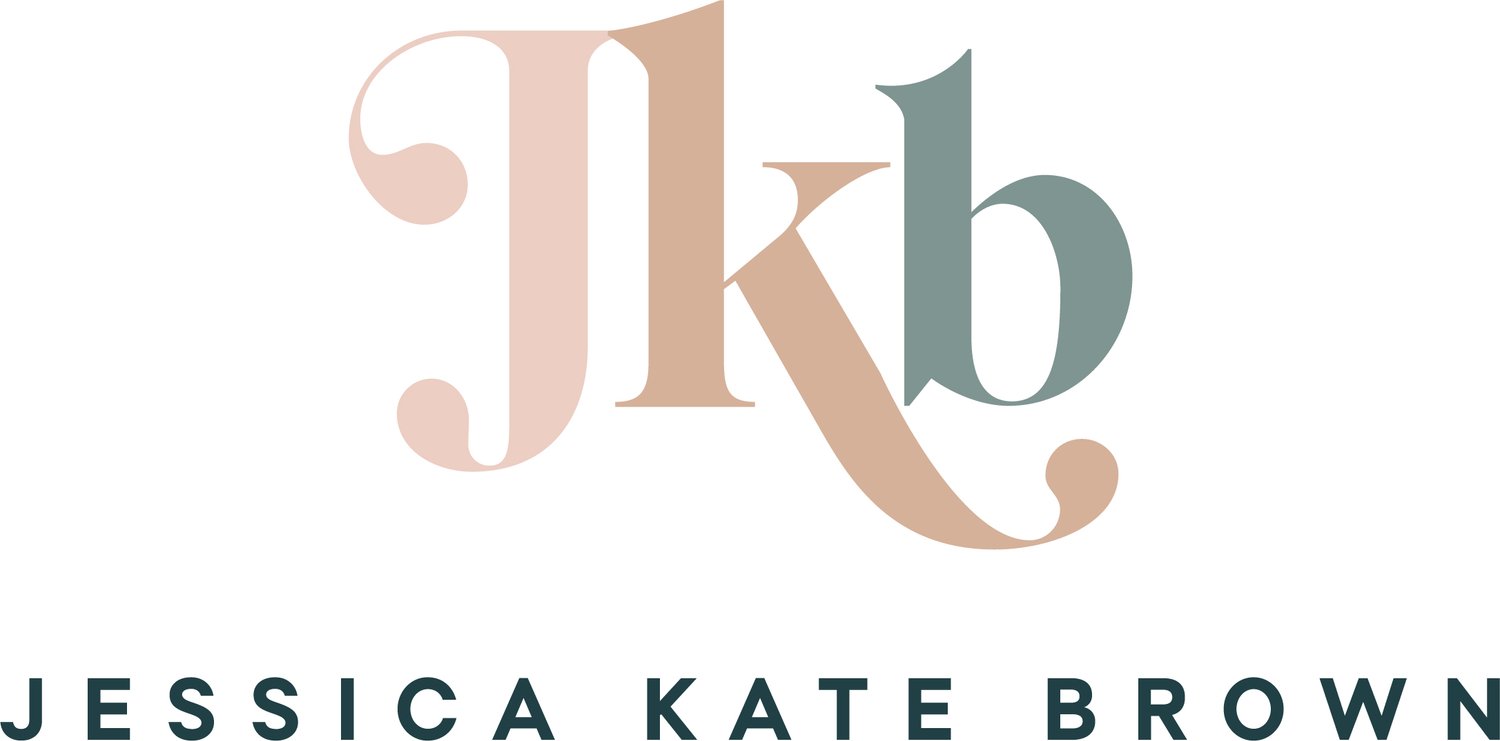Tips for writing a self-help book
By Jessica Brown
When it comes to working with self-help authors, there are three common issues that tend to crop up time and again: copyright, assuming knowledge and structure. As an editor, these are all things I look out for and can work with my author clients to nail before they publish. However, keeping them in mind from day one can save you a whole lot of time, stress and, in some cases, money too.
So, let’s get stuck in …
1. Copyright
Ahhh copyright. As an editor, this is one of my biggest headaches and it comes up A LOT. I’d go as far as saying that the question of copyright comes up in almost every self-development or business book that I’ve edited.
In the self-help genre, quoting other people is incredibly common and a well-placed quote can really enhance your book's message and help validate a specific point. However, while starting a chapter with a famous quote by Brené Brown is unlikely to cause too many problems, make sure your use of other people's words and ideas doesn’t go beyond what would be considered fair use.
Which brings me onto a further issue: there are no hard-and-fast rules on what is considered ‘fair use’. Nope, no maximum-number-of-words rule … That would be helpful, wouldn’t it? And what’s more, the definition of fair use varies in different countries. You can start to see where the headaches come from!
It is a minefield. However, the following points should help:
If your use of the original material is likely to affect the source’s business, i.e. if it puts you in direct competition, then it would be considered a breach of copyright.
Work written by someone who died over 70 years ago is considered to be in the public domain and, therefore, is not copyrighted.
Song lyrics are always copyrighted. So if you want to use them, you will have to gain permission.
Always, always attribute borrowed words and ideas. Plagiarism is never ok.
Jane Friedman has created an excellent flowchart resource (and a wealth of other useful info), which I highly recommend checking out as an initial port of call.
Ultimately, the only way you can be 100% sure is to either not use the quoted material at all (I know, I’m sorry!) or to seek permission from the copyright holder, which can be a complex and costly process. So if in doubt, consult a legal professional who specialises in copyright law.
2. Assuming knowledge
When you’re living and breathing a particular topic, it's easy to think certain things are common knowledge. I know I’ve done it when I’m on a course and immersed in the bubble of a subject, and it’s so easily done when writing a self-help book too. While you don't want to dumb down your content, it needs to be easy for your reader to understand. The last thing you want is to lose them down a Google rabbit hole because they were compelled to look up a term or name in your book. Don’t give them a reason to stop reading. For example, if you're quoting experts in your industry, a) see point 1, and b) don't assume your readers will know who they are. Add a little info on who they are and why they are relevant. This could be as simple as adding their job title before their name.
Finally, when self-editing, take a step back and read your book from a reader’s perspective. Imagine you know nothing about your subject. Does it still make complete sense or does it need a bit more background info?
3. Structure
Non-fiction readers like to know what to expect from a book, and self-help books, in particular, offer a much better reader experience when each chapter follows a standard format. There isn’t a set system that you must follow, but be consistent. If you’re throwing around feature quotes, anecdotes and action steps with reckless abandon, that’s a recipe for confusion!
Here are a few pointers to think about when planning your book’s structure:
Chapter length. There’s right or wrong here. It depends on your book’s topic, your writing style and intended readership. Whatever you choose though, aim for a similar length for each chapter.
Summaries. Not mandatory but often helpful. However, if you summarise one chapter, you’re going to need to do it for all.
Index. Again, definitely not mandatory but something to think about early on. If you decide to go for it, you’ll need to factor in the time and cost of a specialist indexer.
So there you have it, a whistle-stop tour of some things to look out for when writing your self-help book. If you’re right at the beginning of your author journey, why not read the one thing you should do before writing your book by guest blogger, editor and ghostwriter Celina Mina?
Best of luck on your book writing journey!

